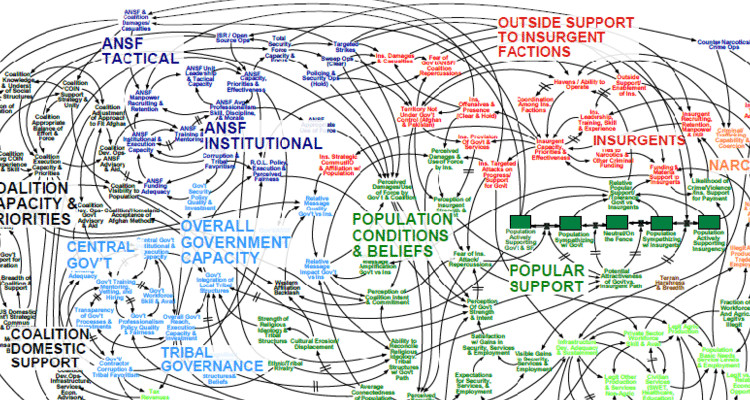Someone in the thread mentioned that to get the benefits of micro services in a monolith, you can use a linting rule to prevent dependencies across modules
Share data, not state.
In Rust this is a pretty good use-case for channels, which can be used to send messages across threads.
Someone in the thread mentioned that to get the benefits of micro services in a monolith, you can use a linting rule to prevent dependencies across modules
I don’t think that makes any sense. The main benefit of microservices is organizational, more specifically how a single team gets to own all aspects of developing, managing, and operating a service.
Lower in priority, there’s enabling regional deployments and improved reliability.
How are linting rules even expected to pull that off?
Should have explained my viewpoint. Most startups should not do micro services.
Using linting to prevent coupling between modules can give you some of the benefits of micro services without going all in.
Using linting to prevent coupling between modules can give you some of the benefits of micro services without going all in.
My point was that modularizing an application and decoupling components does not, by any mean, give any of the benefits of microservices.
The benefits of microservices are organizational and operational independence. Where do you see coupling between components to play a role in any of these traits?
There is no standard tooling for microservices-based development - there is no common framework
DAPR gets you most of the way there.
As a game dev updating my ancient backend knowledge I really was confused about this specific topic.
And I feel the same way about the many new languages. Why not just upgrade the existing ones.
If you’ve ever followed the C++ committee discussions you’ll see they put a lot of time and effort into considering legacy code when introducing language changes. For better or worse existing languages are on a trajectory set from their inception that can’t always be easily redirected. New languages are free of this baggage and can wildly experiment.
I wish languages were more willing to release breaking versions, like a C++ v2 or such. That’s not to say languages don’t already have breaking changes between versions (Python comes to mind), but it would allow people to start fresh and clean up obsolete designs and libraries.
You know the cleaning up probably won’t happen. If some dependency doesn’t work anymore because Python introduced a breaking change, then you stick with the old Python version.
Python is actually a good example of this: see the mess that the transition from 2.6 to 3 generated.
Python 3.7 is another good example. The new await and async keyword broke a lot of programs.
Your last question is equivalent to : why there so many math theories? Can’t we just reuse the old ones?
New language appear as a natural product from research in type theory for ex
orchestrating units is a very joyful experience though. Doesn’t matter if those are actual (micro-)services on dedicated servers or just pure functions.
And if you write pure functions (stateless, no sideeffects, work only on the data you get via parameters), the step to make it scalable is super tiny.
Unfortunately most people’s code is not modular enough to be a good fit for microservices, and attempting to do microservices like that ends up in pain. That if you mentioned is a pretty big if.





